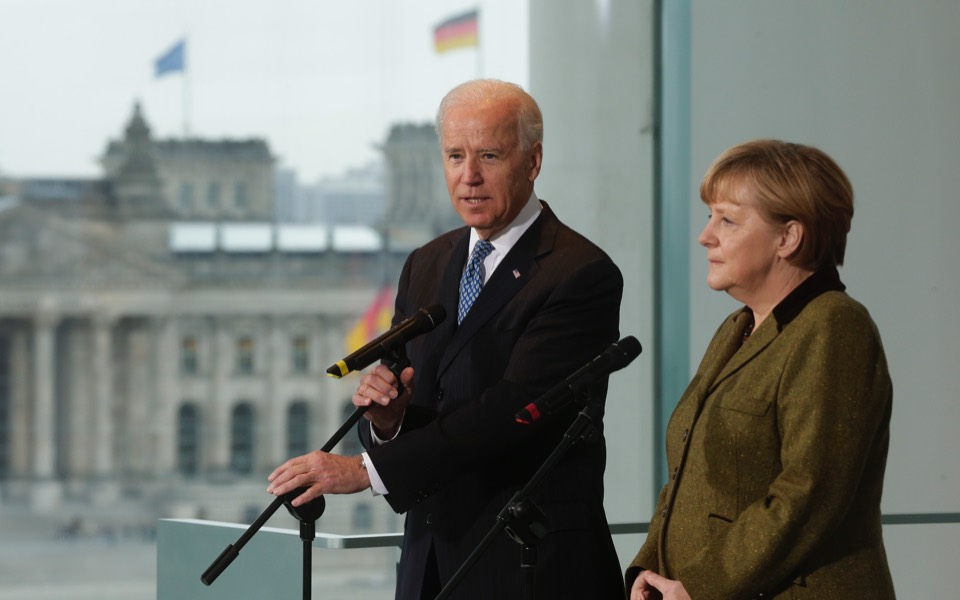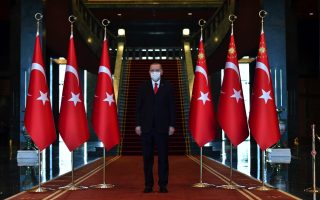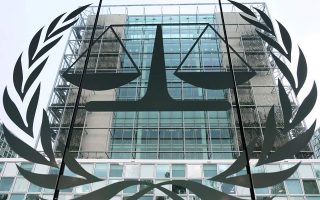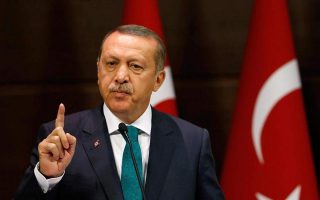Strategic autonomy for Europe in the post-Trump era

The US election results brought great relief to the friends of American democracy (and liberal democracy in general) around the world. The election of an experienced, moderate, dignified, “institutional” new president, a decent man to boot, raises hopes in Europe. Especially since President-elect Joe Biden has a favorable view of international cooperation (Paris climate agreement, the Iran deal, treaties on international disarmament) and the protection of multilateral organizations (UN, WHO, WTO), reforming but not undermining them.
President-elect Biden takes over as head of the superpower in an international system whose critical stabilizing features have been seriously weakened over the last four years. In the absence of an adequate international governance system, multiple poles of power tend to produce conflicts instead of regulatory standards. Interdependence becomes a weapon of arbitrary coercion, such as Donald Trump’s secondary sanctions against Europeans over trade with Iran.
President-elect Biden takes over during a period of common challenges that bring democratic Europe closer to Democratic America. Such as the need to prevent a clash of civilizations, where tackling Islamist terrorism would turn into a war between the West and Islam. Such as preventing the decline of Western liberal values in the name of a supposedly superior efficiency of the authoritarian model of government, as exported by Russia or China, finding aspiring imitators in the Orbans and Trumps of the Western Hemisphere.
Such as demographic replacement, which not only reduces Europe’s share in the world, but also brings to the fore generations without memory of the historical horrors of totalitarianism that legitimized the postwar liberal acquis. Such as the aggressive emergence of religious obscurantism as an organizing force of collective imagination, whether it concerns ultra-conservative Christians or fundamentalist Muslims.
At the same time, this Euro-Atlantic rapprochement must also address the dire errors and failures of liberal globalization: an aggressive individualism that fragments the underpinnings of social cohesion. The over-expansion of the financial sector at the expense of the real (social) market economy. The widening social inequalities which, leaving behind stagnant middle and poorer socioeconomic groups, sow the crop that populists reap. The failure to integrate the ecological footprint into the incentive structures that drive the global economy. Media anomie, trampling over the legitimate authority of scientific truth, presenting falsehoods as “alternative narratives” whose power can even land you in the White House.
The project of strategic autonomy of the EU, formulated by President Emmanuel Macron and adopted by leaders of the European Union, was nurtured by the same forces of global disorder that Trump’s term unleashed: US international withdrawal and China’s readiness to fill the gap, exacerbating the new cold war-like bipolarity. A Middle East and North Africa region that produces wars, devastation and mass movements of desperate people seeking refuge in Europe, exacerbating its internal social tensions. All of the above, and their legacies, continue to fuel the momentum of European strategic autonomy, while also reviving the need for a closer Euro-Atlantic unity.
The European Union has done a lot to establish the preconditions: an ambitious EU budget with common debt issuance, which transfers resources to the most vulnerable economies, protects workers and businesses from the pandemic crisis, invests in digital transformation and green growth. Greater international autonomy for the euro. A European Defense Fund, steps toward structured defense cooperation. A lot. But still far from enough.
Can Europe speak credibly of strategic autonomy when it is unable to deal with conflicts in the immediate European neighborhood? In Syria and Libya, in Nagorno-Karabakh, where Europe replaced the lack of any effective diplomatic intervention or even a common position with lofty rhetoric, leaving Turkey and Russia to fill the gap? A Europe unwilling to impose an arms embargo on Turkey, for arms it uses to wage wars rather than prevent them. But also a Europe captive to the nationalist governments of Hungary and Poland, using their veto power to ratify the repression of civil liberties and rule of law guarantees.
Given the above, and more, the pursuit of European autonomy remains a project of high ambition. No less ambitious, however, is the expectation of Euro-Atlantic unity in the face of a post-Trump US society moving away from its European roots, closing in on itself, reluctant as ever to undertake the responsibilities of a global policeman.
The forces of necessity will once again be faced with the resistance of inertia.
George Pagoulatos is professor of European politics and economy at the Athens University of Economics and Business and director general at the Hellenic Foundation for European and Foreign Policy (ELIAMEP).





